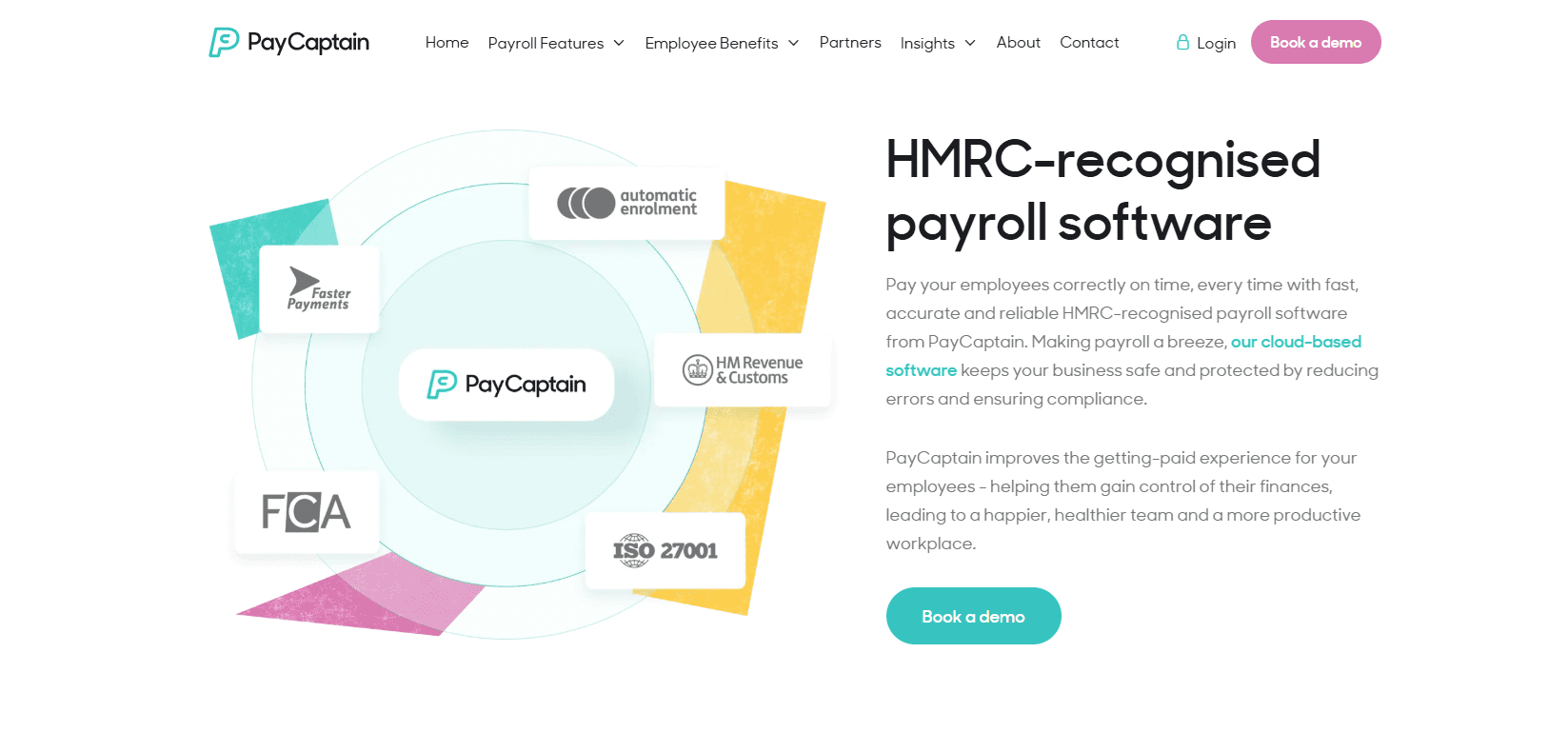Payroll used to be dull, tedious, and error-prone. But thanks to tech innovation, changing regulatory pressures, and evolving expectations from both employers and employees, payroll is transforming faster than ever. Here’s how it’s improving and what companies are doing about it.
Flexible Pay Cycles and On‑Demand Pay
Traditional monthly payroll cycles can frustrate employees who need access to earned wages sooner. On‑demand pay platforms are stepping in to offer flexible options: weekly, biweekly, even daily payouts.
Example: UK fintech HMRC approved payroll software provider PayCaptain, offers flexible pay options, automated savings tools, and real-time tax updates, giving employees more control over their money while keeping businesses compliant.
Smarter Automation, Fewer Mistakes
Automation is no longer a ‘nice-to-have’ — it’s the backbone of modern payroll. Tools powered by robotics process automation (RPA) and artificial intelligence (AI) are handling more of the heavy lifting, such as tax calculations, social contributions, overtime, and even reimbursements.
Example: Gusto, a US payroll platform, uses automation to detect tax rate changes and update employee payslips automatically, reducing errors and saving managers hours of manual updates.
Embracing Blockchain & Smart Contracts
Blockchain is shaking up trust and transparency in payroll. Smart contracts encoded on blockchains can automatically trigger payments when certain conditions are met, like completion of work or time logged.
Example: A construction firm using Ethereum smart contracts can auto‑pay subcontractors when milestones are approved, reducing delays, disputes, admin, and headaches.
Real-Time Access, Transparent Data
Employees are no longer kept in the dark. Payroll platforms are now web or app-based, letting workers view payslips, tax deductions, benefits, and even projected annual earnings at any time. Giving employees a peek behind the curtains builds trust and reduces easy-to-answer payroll queries.
Example: UK startup Deel gives contractors a clear dashboard with pay dates, tax breakdowns, and contract info, which removes guesswork around payments and deductions.
Global Payroll, Local Compliance
With remote work increasingly the norm, payroll must adapt to many different legal frameworks. Global payroll providers are offering one‑stop solutions, so companies can manage staff across dozens of countries without hiring a legal advisor in each region.
Example: Remote.com is a global specialist that handles payroll, benefits, and compliance across 170+ countries, managing tax, social security, and legal documents so companies can hire globally without the legal headaches.
Enhanced Security & Fraud Prevention
Payroll systems hold highly sensitive personal and financial data, making them prime targets for fraud or breaches. Advances in security, such as multi‑factor authentication, encryption at rest, and behaviour‑based monitoring, are now standard requirements.
Example: ADP uses behavioural analytics to spot suspicious logins or payment changes, automatically locking down actions until verified, protecting payroll from fraud.
What’s Next?
1) AI‑powered predictive payroll will flag anomalies in advance, say, a sudden spike in overtime or pattern of incorrect deductions before mistakes cascade.
2) Embedded payroll in HR tools will make payroll part of a seamless journey: onboarding, performance, benefits, leaving all tied together.
3) Sustainability & ESG compliance will shape payroll too, tracking carbon offsets, diversity bonuses, or reporting social metrics.
Conclusion
Payroll is no longer a back‑office necessity—it’s a competitive advantage. Modern payroll means faster, fairer, smarter systems that serve both employers and employees. The future is about making every payday one you trust.































